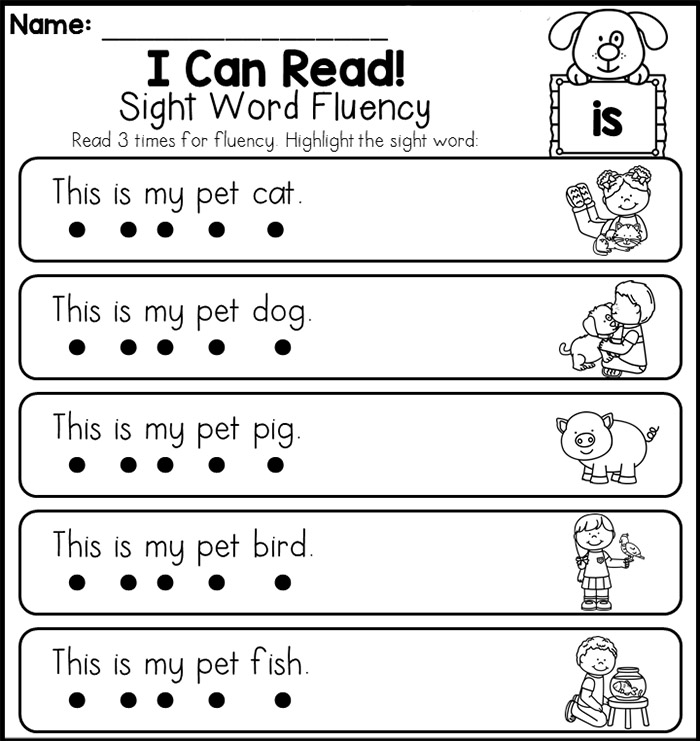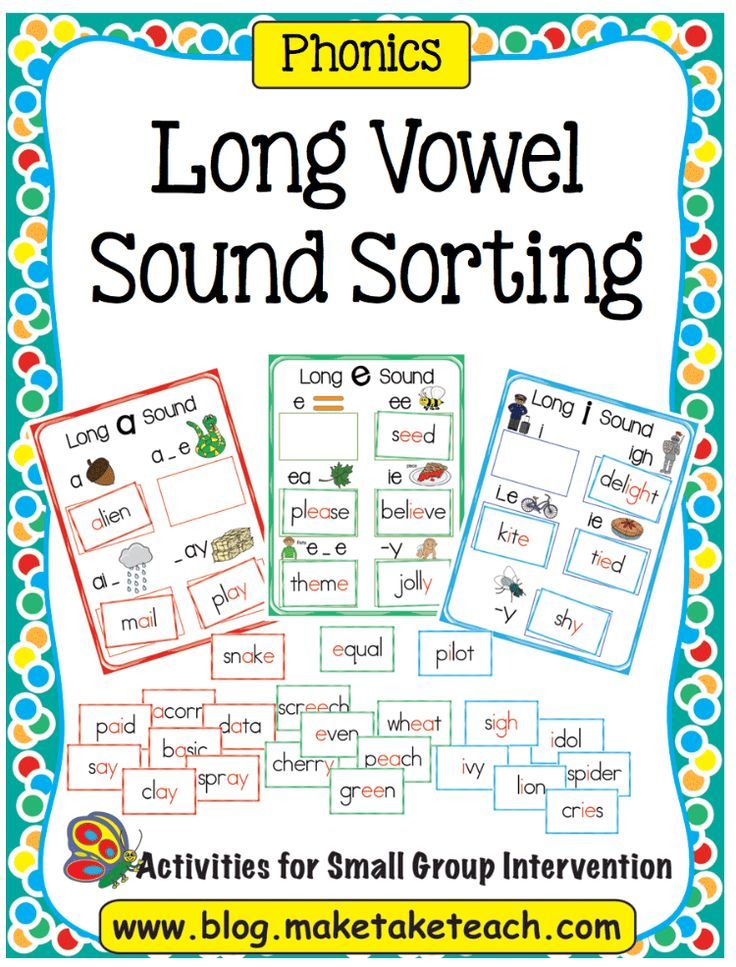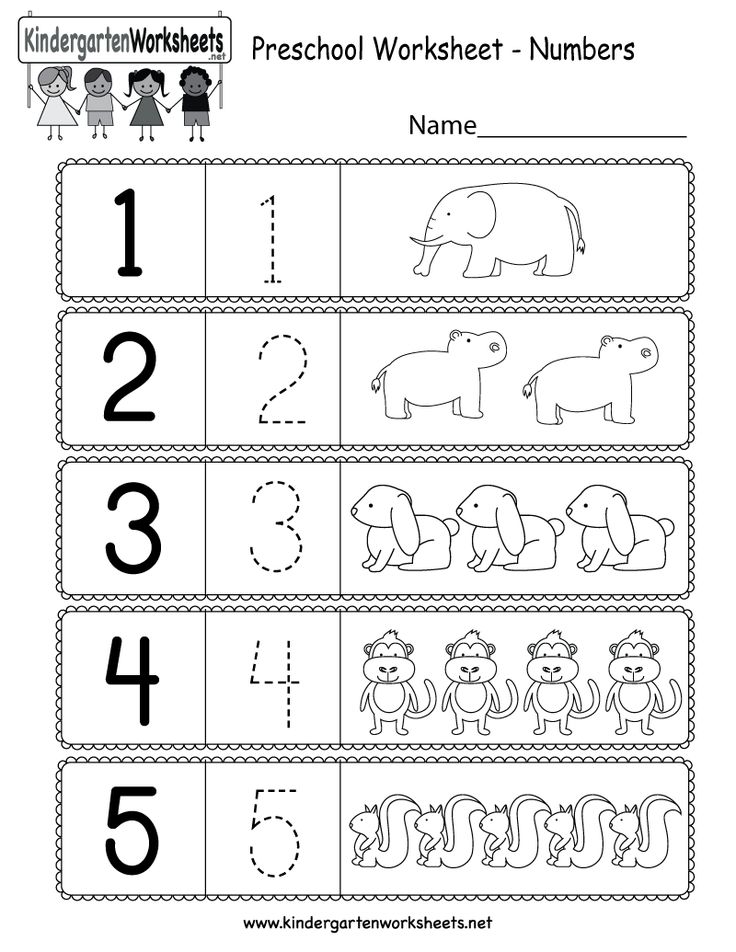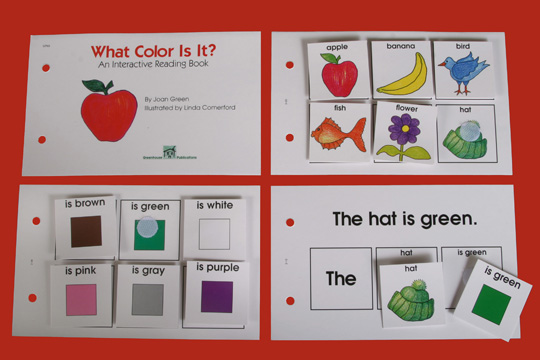Back school tips parents
101 back-to-school tips for parents and kids
As summer comes to an end and back-to-school season begins, it can be hard to get back into the rhythm of a regular schedule — for both kids and adults. The trick, of course, is to plan ahead. Start preparing everyone a few weeks early, and make sure you have a solid child care plan in place. If you’re hiring a babysitter, nanny or tutor this year, consider bringing them on a little early to help get your child on track before the first day of school.
To help you with the transition, here are 101 back-to-school tips for parents you can use to ease kids back into school life while also managing your own stress. Read through the list and identify the strategies you think could help you and your family stay organized and on top of things. Then, test out different approaches as a family so you can figure out which ones work for you and which ones don’t.
Prepare mentally
1. Set your kids’ sleep schedules back to “school time” two weeks before the first day of school.
2. Use an egg timer to get your kids used to focusing for specific periods of time.
3. Encourage your kids to read at least one (or one more) book before the school year begins.
4. Discuss what your kids can expect on the first day of school so they feel more prepared.
5. Ask teachers for class rosters so you can connect your kids with new classmates.
6. Talk openly with your kids about their feelings about returning to school and be ready to answer any questions.
Put time and schedule management plans in place
7. Let kids choose a planner or scheduling tool they’re excited to use.
8. Help your kids put together a rough outline of their school and activity schedules.
9. Create a family calendar or choose a calendar app that tracks everyone’s activities and commitments.
10. Set up weekly meetings to review your kids’ schedules for the week(s) ahead.
11. Set a time each week to sync up individual calendars with the family calendar.
12. Schedule blocks of time to check in with each child to see how things are going.
Make arrangements for before- and after-school hours
13. Hire a before- or after-school sitter to help care for your kids while you’re at work.
14. Have a backup transportation plan in case your kids miss the bus.
15. Get your kids involved in programs they can do after school to keep them active.
16. Keep track of existing extracurricular activities to prevent overscheduling.
17. Refresh your rules about screen time for the school year. What’s allowed and when?
18. Work out an after-school schedule that allows time for snack, relaxation, play and study.
19. Make a list of fun after-school activities and games to keep your kids entertained.
20. Create a regular pet care schedule that outlines who does what for each animal and when.
Set up a system for making or buying lunch
21. Buy reusable bottles to increase water consumption during the day.
22. Discuss the different pros and cons of bringing versus buying school lunches.
23. If they choose to take lunch some or all days, let your kids involved in creating and preparing their daily lunch menus.
24. Purchase lunchboxes or reusable bags to help save the environment.
25. Use this lunchbox packing list to help plan your grocery shopping in advance.
26. Buy bulk packaged snacks or bag up finger foods like grapes or carrots that can be easily added to lunches.
27. Make a week’s worth of sandwiches on Sunday, wrap in tin foil and freeze. Thaw them the night before.
28. Organize lunch items in one part of the fridge for fast and easy lunch prep.
29. If they choose to buy lunch, get copies of school menus in advance to discuss lunch choices.
30. Pre-pay for school lunches online, if your school allows, or figure out a weekly allowance for buying school lunch.
Shop for school supplies and gear
31. Shop for school supplies and clothes early to avoid the rush.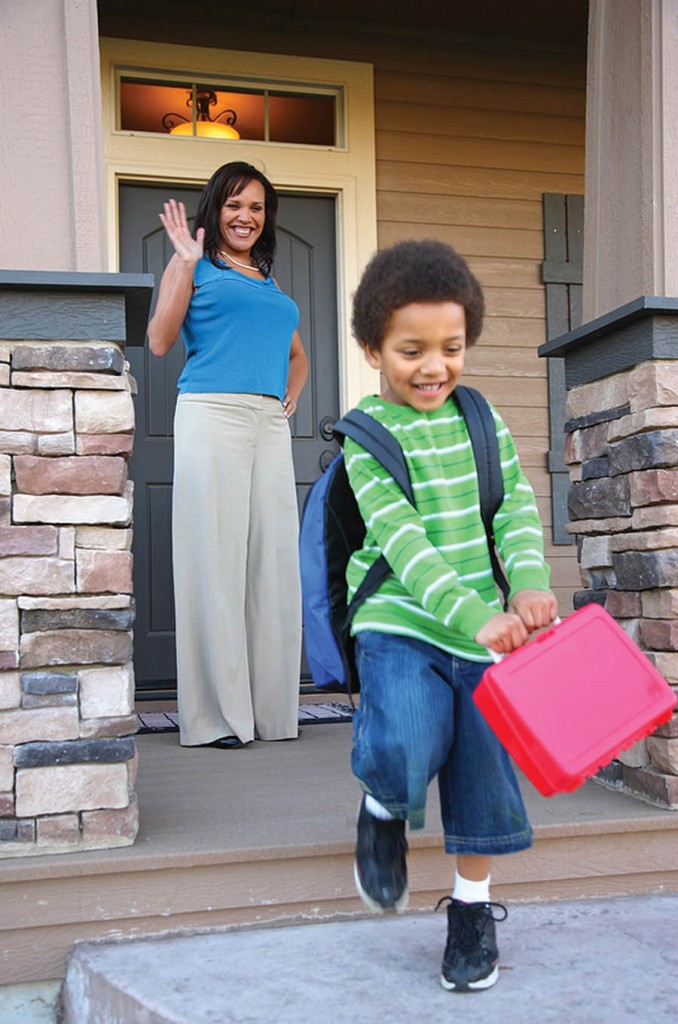
32. Inventory your kids’ wardrobes and toss/donate things they’ve outgrown.
33. Get the lists of school supplies, books and technology your kids will need.
34. Inventory last year’s school supplies before going out to buy more.
35. Repurpose and relabel plastic tubs to organize all school supplies.
36. Create a list and budget for back-to-school shopping.
37. Include your kids in back-to-school shopping by letting them pick out their supplies.
38. Let your child choose their clothes, shoes and other items they’ll need.
39. Replace old backpacks with ones that are sturdy, ergonomic and kid-friendly.
40. Stash a small amount of emergency cash in your kids’ book bags, just in case.
41. Create a dedicated space at home for your kids to store their school supplies and technology.
42. Make a plan for organizing school supplies — and keeping them that way.
Organize your entire home for the busy season
43. Add some kid-friendly organization solutions, like low hooks for kids’ coats and shoe baskets or cubbies to your entryway.
44. Establish rules for where kids should put lunchboxes, etc. when they come home.
45. Create an “inbox” for kids to leave things that need your attention, like permission slips.
46. Use sticky notes to flag important items that kids should pay attention to.
47. Keep a single, easy-access file for vaccination records and other important papers.
48. Designate a plastic tub as a put-away bin for anything out of place.
49. Use a see-and-store toy rack to make it easier for kids to stay organized.
50. Give everyone a shower caddy to keep bathroom supplies organized.
51. Use under-the-bed storage for off-season clothes and toys that aren’t regularly used.
52. Set up a hanging organizer in your child’s closet with five slots for clothes, one for each day of the week.
53. Dedicate a rack in the garage, basement or entryway for sports equipment.
54. Set up a laundry system that makes it easy to sort and wash clothes.
Do everything you can the night before
55.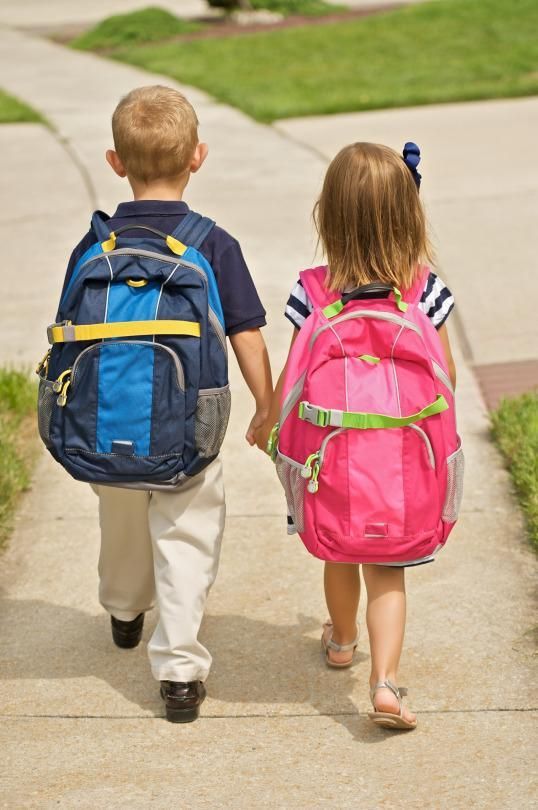 Encourage your kids to lay out their school clothes before going to bed.
Encourage your kids to lay out their school clothes before going to bed.
56. Have kids pack their school bags.
57. If they bring their own lunch, have the kids pack their lunch boxes.
58. Have kids pack their gym or sports bags.
59. Make sure any bags, equipment or must-bring items are left by the door.
Set the stage for a good night’s sleep
60. Set an alarm or notification 30 minutes before bedtime.
61. Establish regular bedtime routines, using these printable checklists for preschoolers and elementary school kids.
62. Set — and enforce — regular weekday and weekend bedtimes.
63. Remove tech devices, such as phones and tablets, from kids’ bedrooms so the focus is on sleeping.
64. Use night lights, white sound machines and fans for kids who can’t get to sleep.
Plan for smooth mornings
65. Set your clocks forward 10 minutes. This makes it easier to be on time.
66. Make sure your kids (and you!) have an effective wakeup alarm that works for them.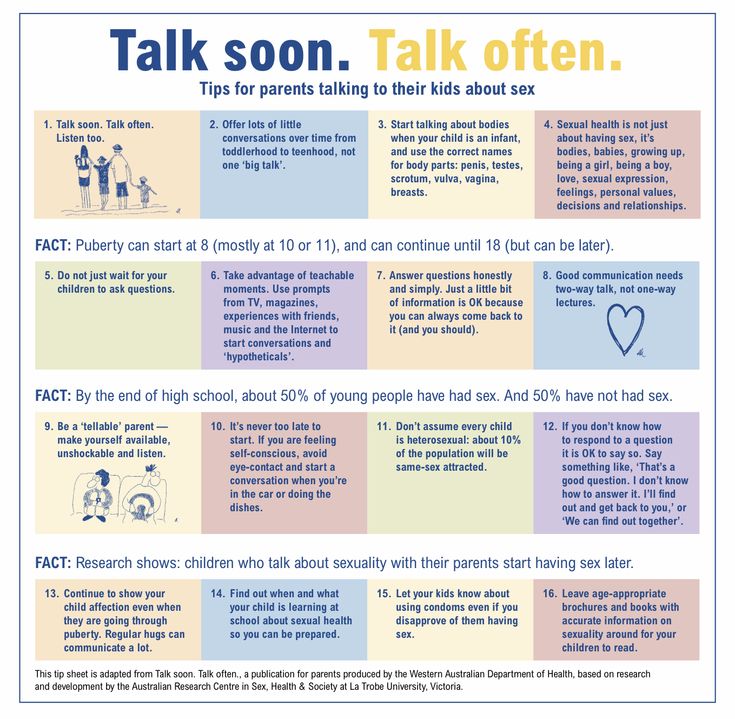
67. Use this printable checklist to establish a regular morning routine.
68. Map out a bathroom schedule to avoid family fights for bathroom time.
69. Set — and enforce — regular weekday and weekend wakeup calls.
Devise a plan for homework
70. To help with time management, determine together how long it takes kids to do assignments
71. Teach kids to prioritize their assignments by making to-do lists with deadlines.
72. Establish a specific space like the family office as an official “homework station.”
73. Remove distractions like TVs and video game consoles from homework areas.
74. Set a regular alarm each day that signals the start of homework time.
75. Try apps like iHomework 2 or myHomework to help your kids organize assignments.
76. Give kids a short break, such as a short walk, after each assignment they finish.
77. Help your kids develop a filing system for organizing their documents for each class.
78. Model good behavior by doing your own work/projects while your kids do homework.
Model good behavior by doing your own work/projects while your kids do homework.
79. Make a homework caddy that can be used to carry school supplies through the house.
80. Use positive phrasing, such as, “You can go outside after your homework is done,” rather than, “You’re not going outside until this is finished.”
81. Schedule study blocks on the weekends before big tests, midterms and finals.
Stay connected with teachers
82. Figure out ways to be involved in the classroom this school year.
83. Touch base with teachers early on to troubleshoot any issues your kids may be having. Here are questions you can ask the teacher.
Purge and declutter regularly
84. Go through the kids’ wardrobes every two to three months to get rid of things that no longer fit.
85. Frame a couple of your child’s best works of art and file or toss the rest (when they’re not looking, of course).
86. Go through your kids’ schoolwork once a month to toss the things you don’t want.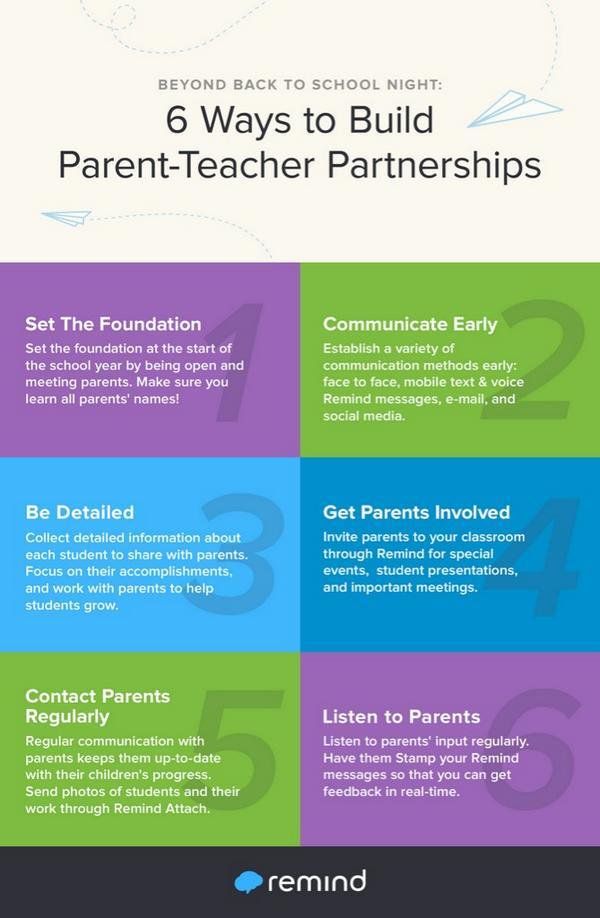
87. File or scan assignments you want to keep.
Set goals for the school year
88. Have your kids set realistic goals for the new school year, such as reading 30 books or filling a journal.
89. Work out a to-do list of age-appropriate chores for each child and help them set weekly goals for completing them (without being asked).
90. Help your kids prioritize their activities by tying them to their year’s goals.
91. Create a rewards system for when kids meet goals or do extra things around the house.
Schedule time for fun
92. Carve out blocks of fun time for your kids, based on what they enjoy doing most.
93. Establish a set “family time,” whether it’s during dinner or before bed.
94. Give kids a specific day when they can choose all the activities you do together.
Delegate wherever you can
95. Hire a housekeeper to help with cleaning and crossing things off your to-do lists.
96. Consider hiring a dog walker. One less thing to worry about!
One less thing to worry about!
97. Hire a tutor or homework helper (many even tutor virtually) to help you navigate schoolwork.
98. If you have a regular nanny or sitter who’s open to doing extra work, negotiate a price for them to take on some helpful tasks, like prepping or preparing dinner, cleaning high-traffic areas or doing grocery shopping or running errands.
Take care yourself
99. Schedule at least one 30-minute block in your calendar each day for self-care.
100. Do something fun to diffuse this stressful time of year for all of you.
101. Take a breath. You are doing this.
With a good bit of planning — and with you as their calm and collected guide — your kids will be better able to approach the school year feeling prepared, excited and ready to get to work.
10 Helpful Back-to-school Tips for Parents
Can you believe it is almost time to start school again? Here is a list of tips to help to be more prepared on the first day this year.
Going back to school after the long summer is always a time of excitement. While your children may be overly excited or even a little bit worried about new teachers, new subjects and meeting their friends, the days before starting school again are always busy and stressful. Instead of rolling in to school with no plan, we have compiled ten tips that will help to keep organized, create routines and support children to be their best at school.
1. Use a calendarYour children will be better prepared for school when they can visually see when school will start again. A good idea is to hang a calendar in their room and let them mark off each day with a colorful pen until the new school year starts.
2. Start bedtime routines earlyChildren will need some time to get back to the sleeping pattern that they had before the summer holidays started. In order to make it easier for the kids to be awake early in the morning, parents can introduce the school sleep routine two weeks before school starts.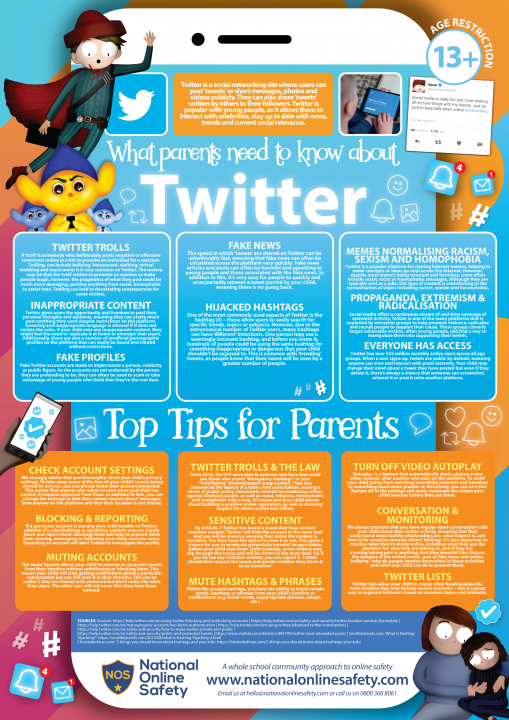
Pick a date to go school shopping with your children. This date should be set and organized some time in advance to have a relaxed shopping experience. Choosing their own school supplies, clothes, a backpack or lunchboxes will engage children to take part in the activity and may increase their excitement about going back to school and using all the new things.
Copyright: FamVeld
4. Make the unknown environment more familiar
If your children are worried about the fact that they will start school in a new environment such as having a new classroom or being taught by a new teacher ask the school if you can go on a tour. Let your child see the new classroom and ask if it is possible to meet the new teachers. Going on a tour will help the kids to become more familiar with the new place. It is also a good idea to have a conversation with them about all the positive aspects at school such as their favorite subject and the activities they love at school.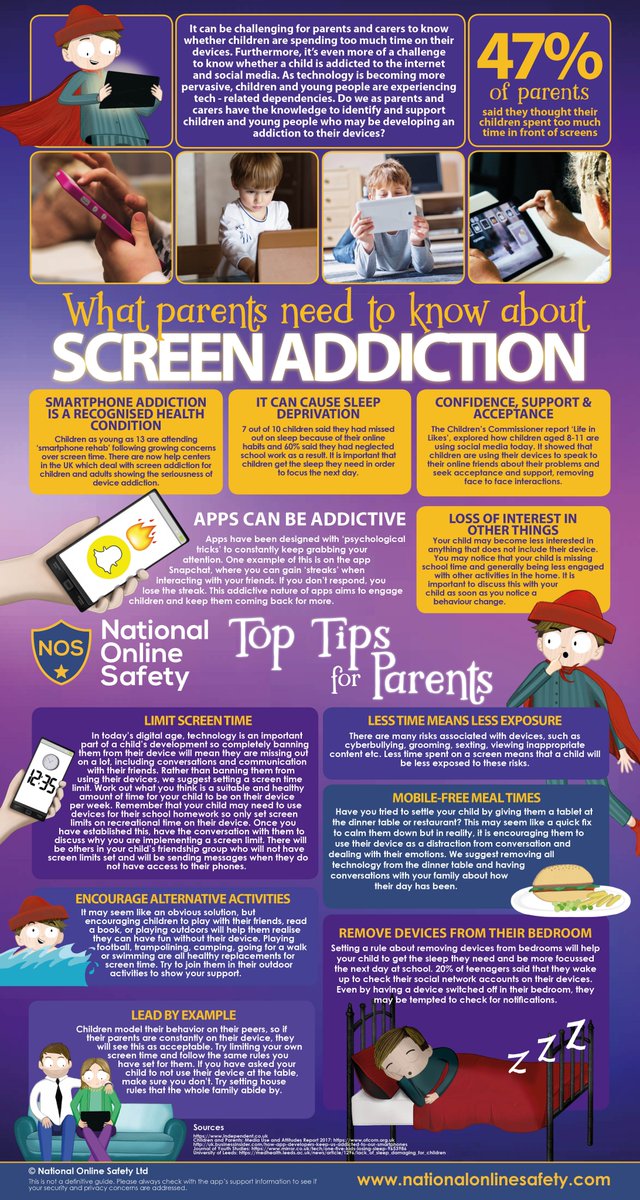
Studies show that pupils who have breakfast function better at school and have more energy. In advance, ask your children about healthy food that they like to take to school. Maybe your child likes particular fruits or vegetables which you can pack as well as a healthy sandwich. You can also have a look at the school’s cafeteria and see if it offers healthy snack options.
6. Find a ‘go-to-school friend’If your child walks or takes the bus to school and there are other children in the neighborhood who go to the same school talk to the parents and ask them if the kids can walk or take the bus together. This way the kids will have more fun on their way to school and may share their worries and help each other to feel more comfortable going back to school.
Copyright: Pressmaster
7. Talk about homeworkChildren who understand the topics at school properly have more fun at school. Usually, good quality homework is key to understand topics and achieve good grades. Review the environment where your child does his or her homework: Is it quiet enough? Is there enough space? Besides the environment, it is also important to think about activities and Internet or TV usage. Do your children have enough time to do their homework and are they not distracted?
Usually, good quality homework is key to understand topics and achieve good grades. Review the environment where your child does his or her homework: Is it quiet enough? Is there enough space? Besides the environment, it is also important to think about activities and Internet or TV usage. Do your children have enough time to do their homework and are they not distracted?
Older children will already have set themselves expectations they want to fulfill at school. Therefore, it is helpful to ask them what they expect about returning to school. It can help to read a story about children who go to school in order to start the conversation and to make it easier for kids to talk about their feelings. It is also important to ask kids if they have any questions or are unsure about anything. Let them know that other kids will be nervous as well and that teachers will help them to feel more comfortable.
9. Show them that you think about themWhen getting lunch or a snack ready for school include a little note in the lunchbox to show your kids that you care and that you think about them during the day even if they are away.
Copyright: Jes2u.photo
10. Child care after schoolA parent should be at home to help the kids to get ready for school in the morning and who supervise them when they return. If this is not possible talk to your children that it is important to follow rules and listen to the adult supervising them.
Share your own stories, tips and back-to-school experiences with us.
Advice for parents of schoolchildren
1) Wake up your child calmly. Waking up, he should see your smile and hear a gentle voice. Do not push him in the morning and do not pull over trifles, do not reproach him for mistakes and oversights, even if they “warned him yesterday”.
2) Take your time. The ability to calculate the time is your task, and if you do it poorly, then the child is not to blame.
3) Do not send your child to school without breakfast. Before school lunch, he will have to work hard. Make sure your child drinks enough water.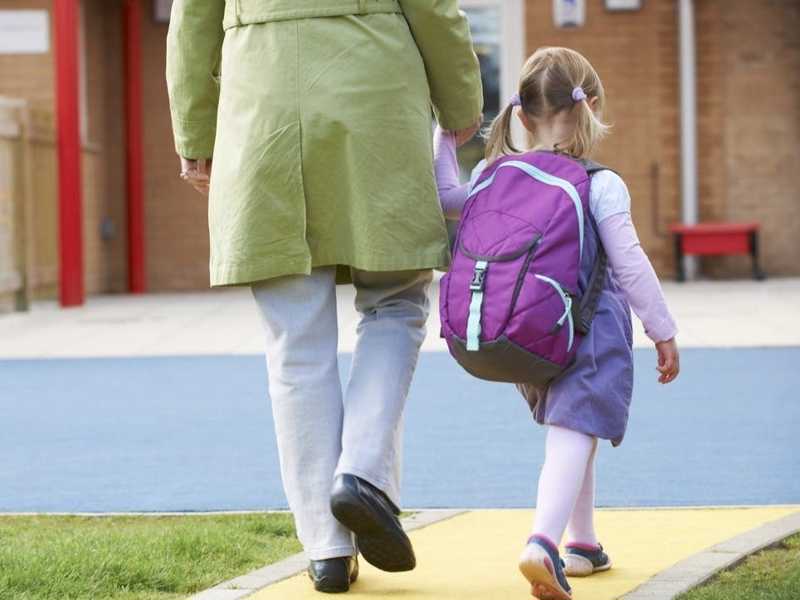
4) When saying goodbye, don't warn “don't play around”, “be good”, “so that there are no bad grades today”, etc. Wish him good luck, have a good day, cheer him up, find a few kind words. He has a tough day ahead of him.
5) Forget the phrase "What did you get today?". Meet the child calmly after school, do not bring down a thousand questions on him, let him relax (remember how you yourself feel after a hard day, many hours of communication with people). If the child is too excited, eager to share something with you, do not brush it off, do not put it off “for later”, listen, it will not take much time.
6) If you see that the child is upset, but is silent, do not interrogate. Let him calm down, then he will tell everything himself. The best thing to do here is to use active listening.
7) After listening to the teacher's remarks, do not rush to give a thrashing and try to ensure that your conversation with the teacher takes place without the child. Remember that swearing and punishment will not teach a child anything. It is better to discuss what happened with him and encourage him to think about how the situation can be corrected.
It is better to discuss what happened with him and encourage him to think about how the situation can be corrected.
8) After school, do not rush to sit down for lessons, you need 2-3 hours of rest (and sometimes it would be good to sleep for an hour and a half) to restore strength. The best time for preparing lessons is from 15.00 to 17.00. Classes in the evenings are useless, it is already difficult for a child to remember or learn anything.
9) Do not force to do all the lessons in one sitting, after 15-20 minutes of lessons, 10-15-minute "breaks" are necessary. During such changes, it is important that the child gets up and moves, stretches.
10) During the preparation of lessons, do not sit "over your soul" with the child, give him the opportunity to work on his own, but if you need your help, be patient. A calm tone, support (“you will succeed”, “well done”, “let's figure it out together”, “I will help you”), praise (even if it’s not very successful yet) are necessary.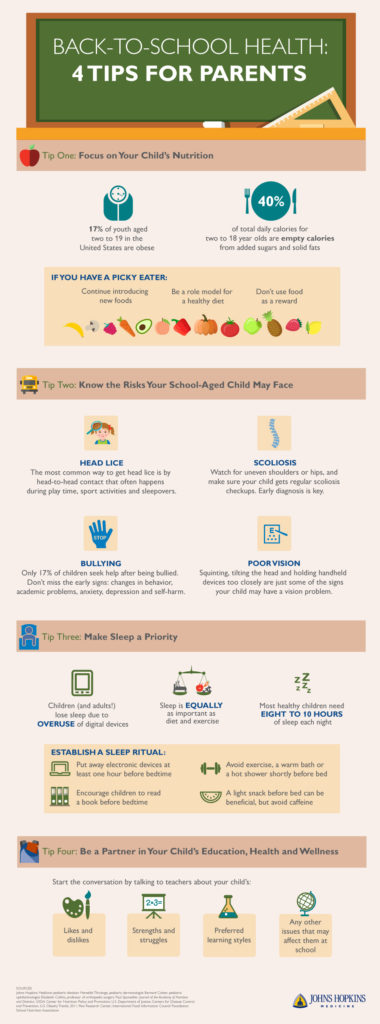 Don't focus on grades.
Don't focus on grades.
11) When dealing with a child, try to avoid conditions. “If you don’t do this, then….” or "If you do, then...". Better use a different wording: “When you do your homework, then it will be possible ...” This wording explains to the child a certain sequence of events. When the event "Y" occurs, then the event "X" occurs. For example: “When you have dinner, then you can eat dessert”, “When you wash and lie down in bed, I can read to you.”
12) And, of course, my favorite rule: find at least half an hour during the day when you belong only to the child, without being distracted by household chores, computer, phone, TV and communication with other family members. This time is called Special. At this moment, the most important thing is the work, care, joy and failure of your child.
13) Be attentive to your child's complaints about headaches, fatigue, poor condition. Most often, these are objective indicators of fatigue, learning difficulties.
14) Please note that even “very big” children (we often say “You are already big” to a 7-8 year old child) are very fond of a bedtime story, a song and gentle stroking. All this calms them down, helps to relieve the tension that has accumulated during the day, and fall asleep peacefully. Try not to remember troubles before going to bed, not to sort things out, not to discuss tomorrow's control, and the like.
All this calms them down, helps to relieve the tension that has accumulated during the day, and fall asleep peacefully. Try not to remember troubles before going to bed, not to sort things out, not to discuss tomorrow's control, and the like.
15) Choose a single tactic for communication between all adults in the family and the child, resolve your disagreements about pedagogical tactics without him. If something does not work out, consult a teacher, doctor, psychologist.
Author: Ekaterina Kes
The first year at school is a big test for a first-grader and his parents. Success on the way to finding your place in life is laid from the first school years. Modern pedagogy is focused on the fact that the child learns to learn, discovers the energy of cognition, the constant desire to acquire new knowledge, and success in this process would charge him with new energy, which can significantly improve his initial intellectual performance. Parents should not forget about the age characteristics of seven-year-old children, namely, the readiness of the child's psyche to educate the volitional principle. For a child to have a strong motivation - “I want to study, I want to study well” - it is necessary to form in him not only self-confidence, but also will. And to support the child, to convince him that he "can" should, first of all, parents - native people whom he trusts infinitely. Getting used to the idea that any task is a path to a goal, a small person gradually learns to set goals and go towards them. The first class is the new living conditions of the child, which form new areas of vulnerability for his mental health. Changes often bring difficulties with them, but there is no need to be afraid of them: timely realized difficulties are half the success in overcoming them. Fatigue from the presence of other people is an important change in the life of a first grader. His behavior becomes completely "public" and controlled by others. The child takes on many new responsibilities at school. He must learn to organize his time and the space around him. How the child will be collected and successful in educational activities depends on the parents. A few rules for parents. 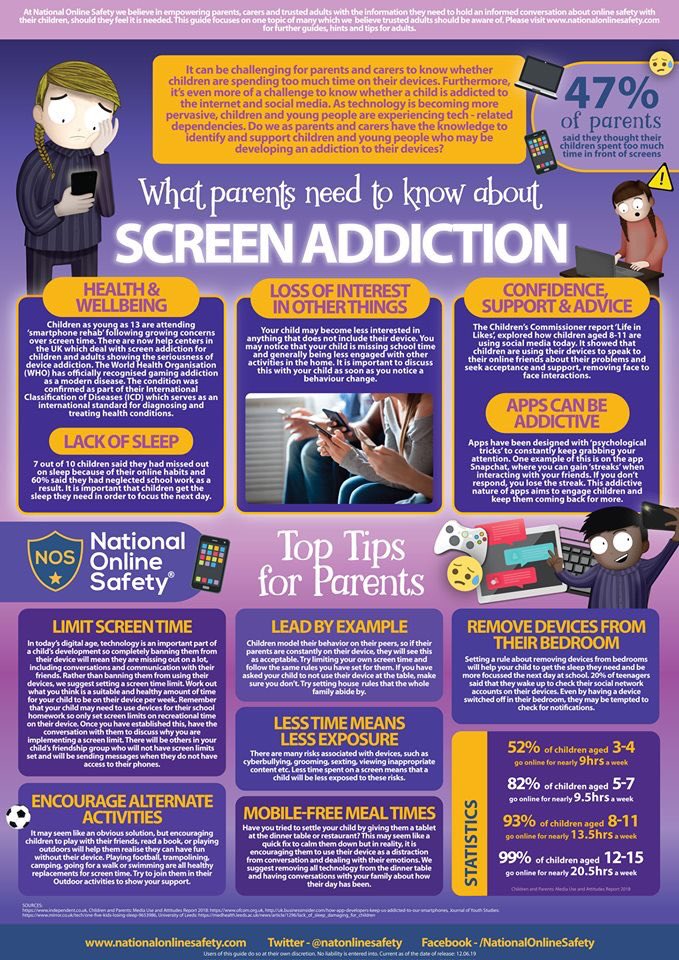
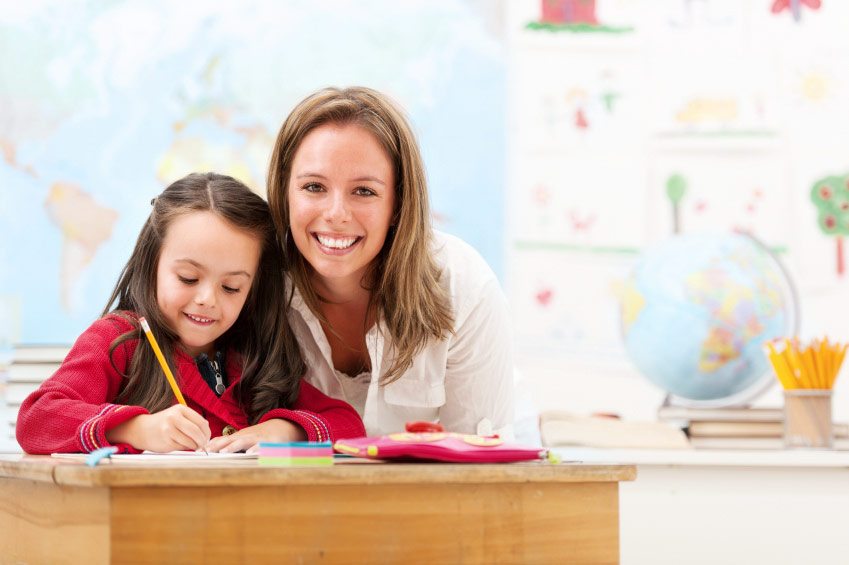 He practically does not remain alone - all actions, habits, any movements are the subject of observation of evaluation by other people. The publicity of life can take a significant share of the student's psychic energy. To ease this burden, the child needs to create an opportunity for solitude at home and, if possible, not to make unnecessary remarks.
He practically does not remain alone - all actions, habits, any movements are the subject of observation of evaluation by other people. The publicity of life can take a significant share of the student's psychic energy. To ease this burden, the child needs to create an opportunity for solitude at home and, if possible, not to make unnecessary remarks.

Learn more

